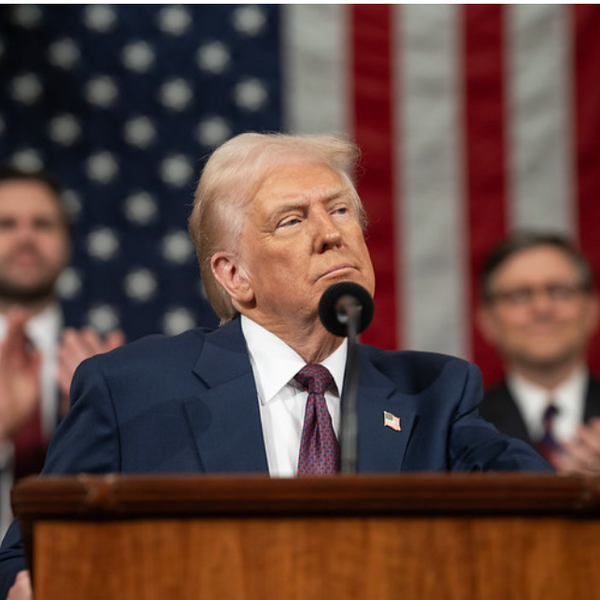WASHINGTON — With apologies to Winston Churchill: The talk in the political class is that this is the beginning of the end of the Obama administration, while the talk in the Obama administration is that this is the end of the beginning. Which will it be?
Last week was not exactly what President Obama hoped for when he rolled out his big jobs initiative. He expected pushback from Republicans. He did not anticipate the resistance he is getting from Democrats — or, perhaps more to the point, he did not expect the questions about the bill that might inevitably arise on his side to get quite so much attention.
The administration’s own strategy was clear enough, and for the first few days it was working as planned. By putting together a rather large but relatively uncontroversial package of measures to boost the economy, Obama sought to put the Republicans on the defensive and to rally Democrats, including his progressive critics, behind a push for action.
In a series of campaign-style rallies, Obama exuded new energy. The friendly crowds he gathered radiated with a spirit that has been largely absent since the 2008 campaign. Cries of “Pass this bill!” seemed comfortingly similar to the old shouts of “Yes, we can!” And the initial response from congressional Republicans — they pointedly did not reject all of his ideas — suggested that things just might be turning the president’s way. The poll ratings of congressional Republicans, after all, are awful. Their leaders sensed that rejectionism might not be good politics.
But then the Democrats lost two special congressional elections and the administration proposed to pay for its $447 billion jobs plan with a combination of tax increases that it had proposed before and that Congress had rejected.
The elections brought to the surface all of the anxiety Democrats feel about 2012. And while Obama’s broadly progressive set of tax increases on special interests and higher-income Americans made perfect sense on its own, it risked being picked apart by particular constituencies. Oil state Democrats will always defend Big Energy and, in any event, the package couldn’t feel like a new departure because it wasn’t.
Senate Democrats, moreover, have been a problem for Obama from Day One. Because Republicans can block almost anything with their routine abuse of the filibuster, and because key Democrats who represent very conservative states are by nature balky, assembling even a majority of Senate Democrats is always an excruciating challenge.
The administration is also suffering because of its failure from the beginning to pay enough attention to courting its own side. At a moment when Obama desperately needs Democratic solidarity, there is no reservoir of good will from which he can draw.
There are many ironies in Obama’s situation. The president’s fiery rhetoric and his challenge to Republicans directly respond to long-simmering Democratic frustration over his reluctance to confront the GOP. Yet this strategy only works if Obama can concentrate on a single political front without the distraction of dissent from his own ranks. When Republican Minority Leader Mitch McConnell can take to the Senate floor and cite Democratic criticism of the president’s jobs bill, as he did last week, it undercuts the entire campaign.
And while the president’s proposals this week for a long-term balanced budget will be more to the liking of Democrats than were the concessions he made to House Speaker John Boehner during the debt-ceiling battle (concessions Boehner turned down), some of the cuts Obama suggests will present a new target for his critics inside the party. Here again, the president’s broad idea — short-term stimulus coupled with long-term deficit reduction — is sensible. In principle, at least, it unites the center and the left. Yet if Democrats focus more on their areas of disagreement, more time will be lost and Obama’s jobs campaign will be stalled again.
Obama and his party are grappling with the “tragedy of the commons” in a classic form. Obama, who has been so happy to stay distant and above the concerns of his Democratic allies, cannot afford to lose them now. Democrats in Congress have a long list of reasons for being resentful. The special elections will aggravate their fears of embracing the president too closely.
Yet if Obama’s presidency is weakened further, the resulting damage will afflict Democrats as a whole. However justified their past grievances might be, they have a powerful collective interest in seeing the fighting Obama get his new act off the ground.
E.J. Dionne’s email address is ejdionne(at)washpost.com.
(c) 2011, Washington Post Writers Group








